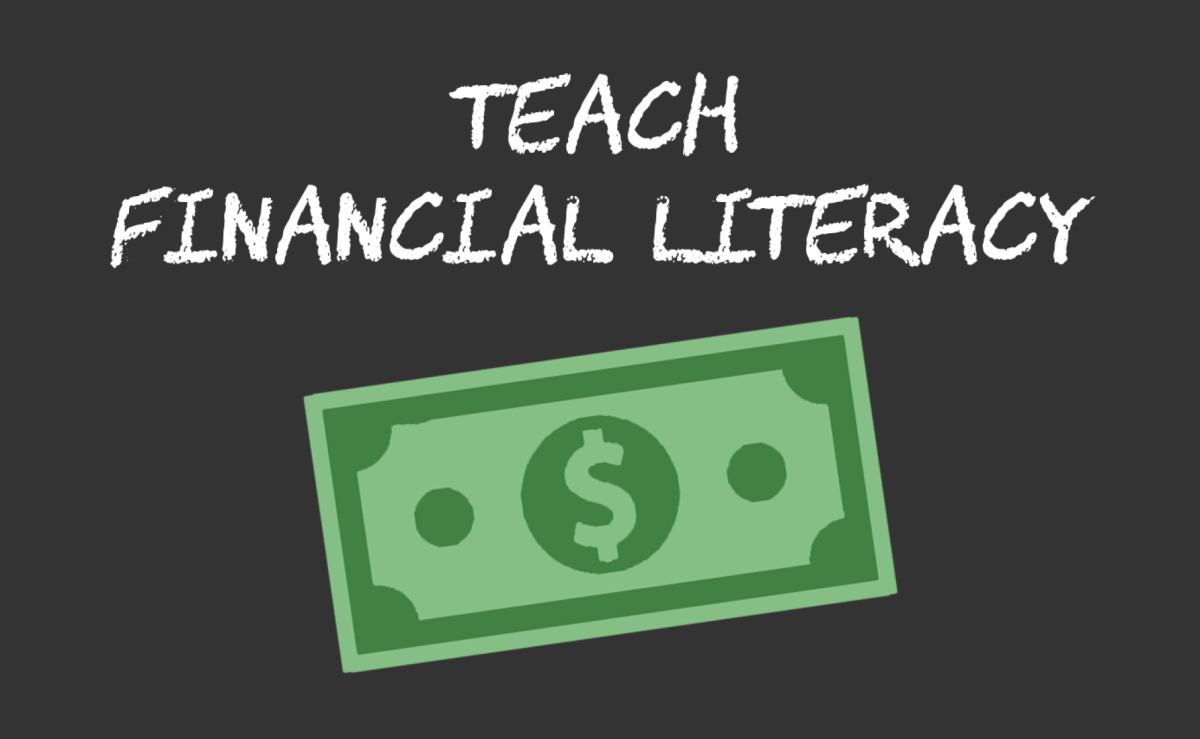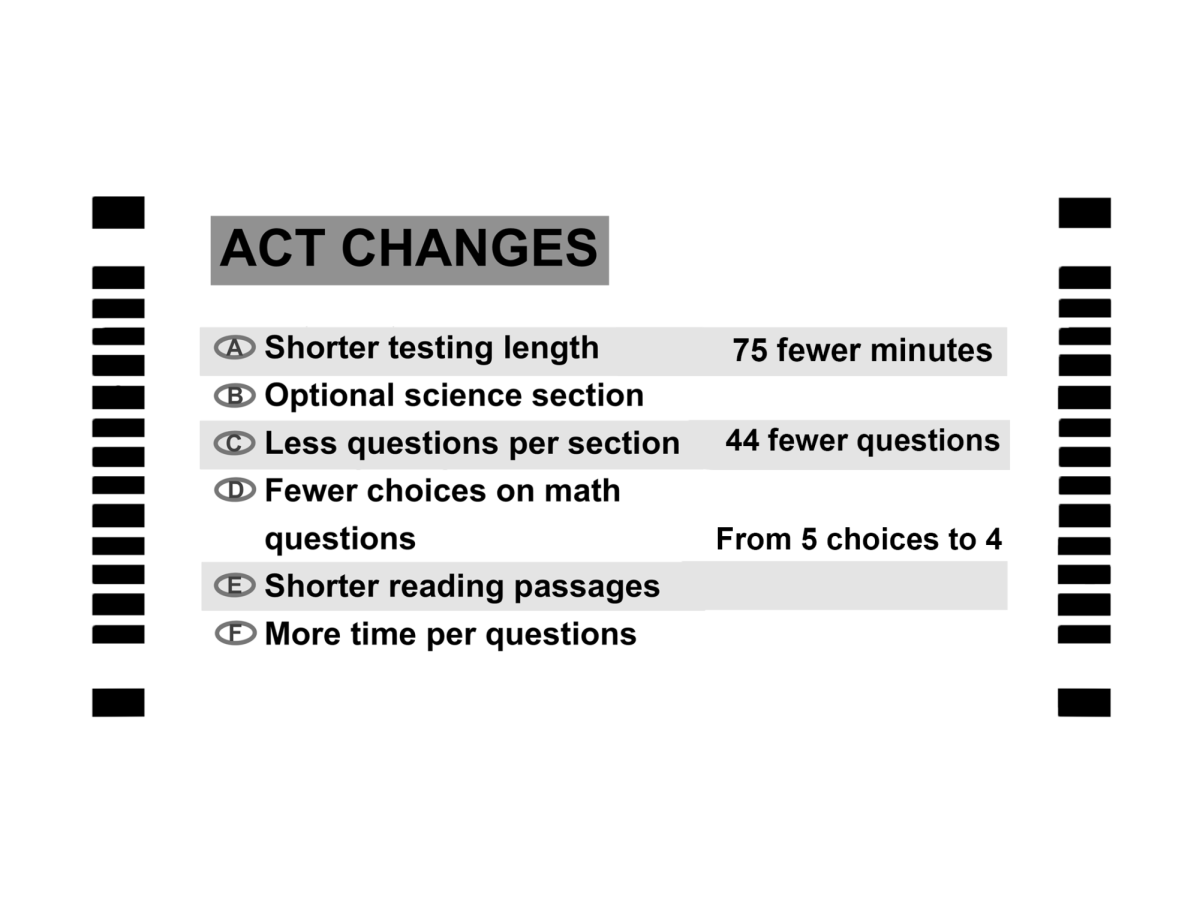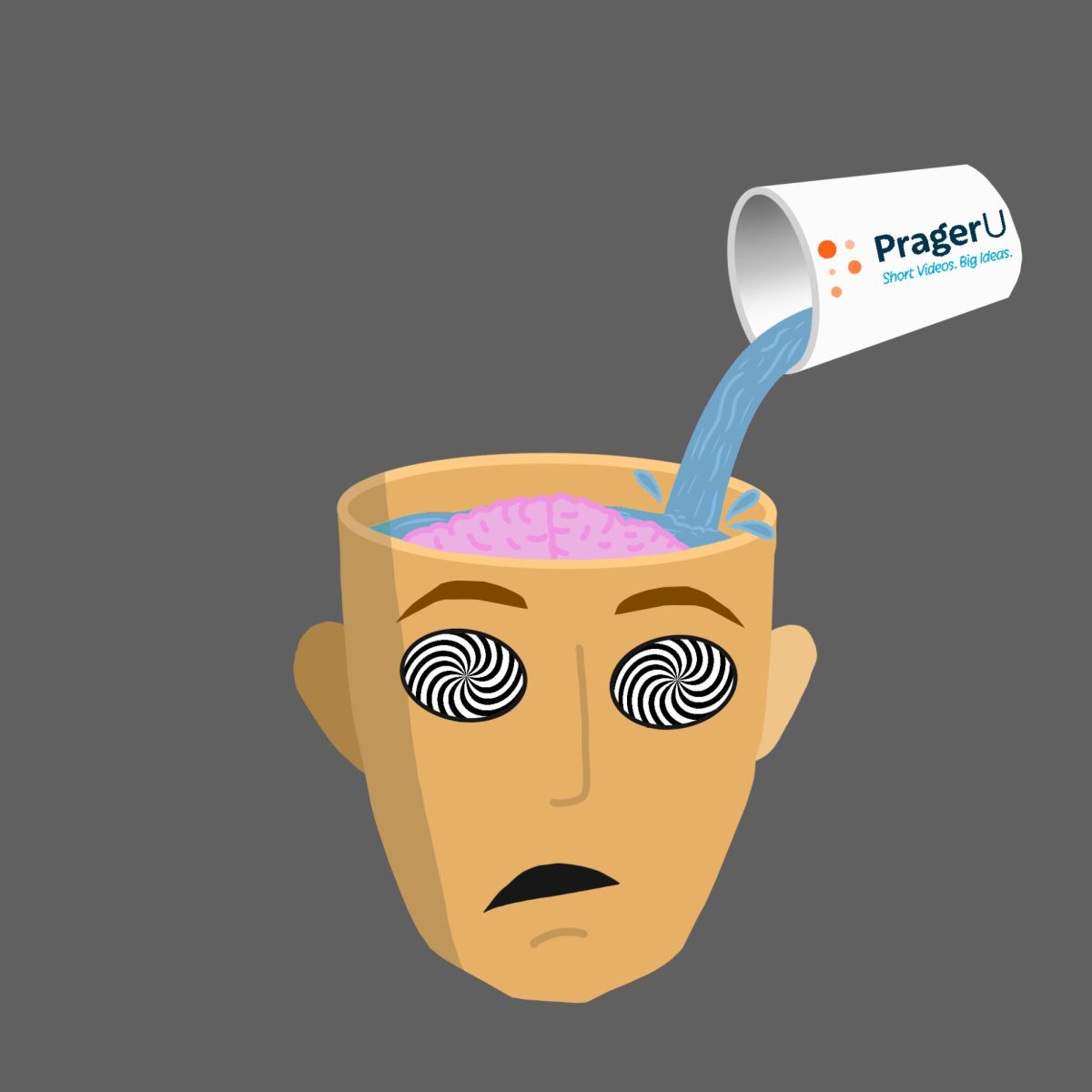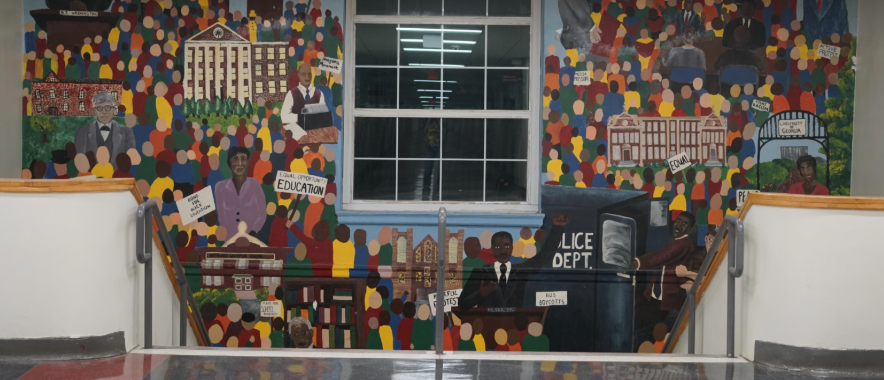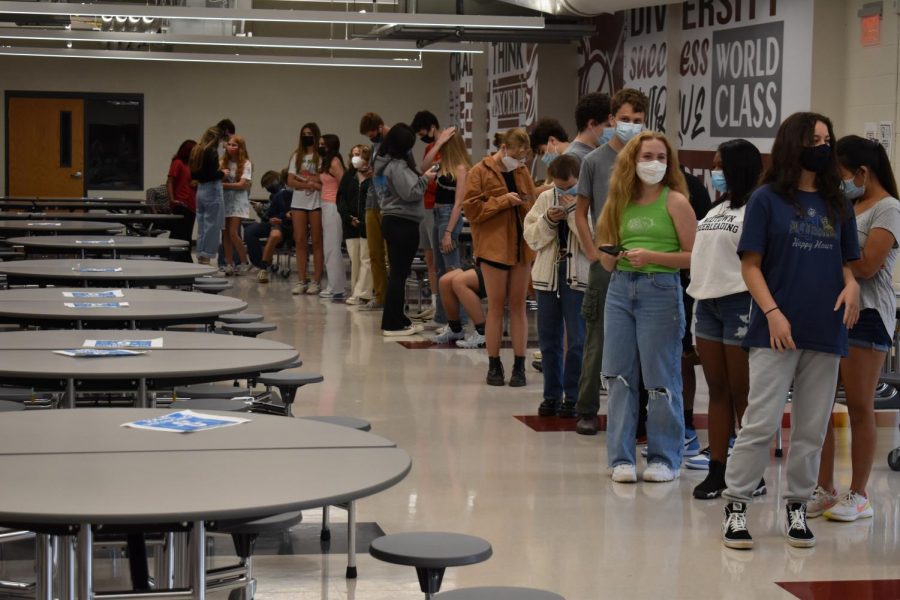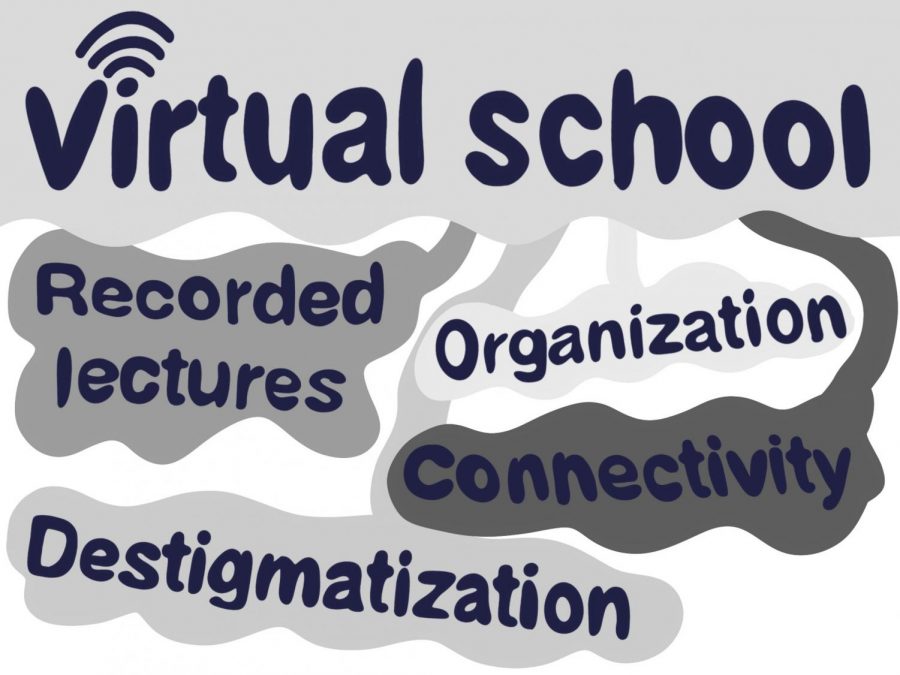Schools teach a wide variety of knowledge, but many students feel some topics are missing. Schools should teach skills students need in real life, like how to handle taxes and mortgages, and how to manage money better. Few high schools teach financial literacy courses, which can be devastating for students in the future.
Learning how to handle money correctly is crucial for students to be successful as adults. According to the Council for Economic Education, only 21 states in the U.S. require high school students to take a personal finance course. This means many students could make spending mistakes that could have been avoided if these skills were taught earlier.
Everyone must deal with taxes eventually. However, many high school students do not understand how they work. Learning about taxes in high school could make students more confident when managing them. The National Taxpayer Advocate found that many people struggle with tax issues, and learning to fill out tax forms correctly could save many people from struggling later on. Minimizing tax-related stress would benefit students’ lives after graduation.
Learning how to manage mortgages is extremely important for students in the future. Buying a house or a car might seem like a far-off endeavor now, but students will soon experience this challenge. The Consumer Financial Protection Bureau warns that not understanding mortgages can lead to some serious money troubles. If Midtown wants its students succeeding financially in the future, finance courses must be implemented to educate and prepare them for mortgages.
Not only that, but many people also struggle with managing their funds. The National Endowment for Financial Education says many young adults don’t know how to budget, save or even understand credit. If Midtown had a financial literacy course, people would be better equipped to handle money and avoid drowning in debt. Understanding how to spend money wisely and efficiently is just as essential as learning about history or science.
Some might say that there is no room for a financial literacy course in students’ already challenging schedules, but knowing how to manage money is a life skill that must be learned. Further, understanding finance can help high schoolers do better in school. The National Financial Educators Council found that financial education can improve academic performance and increase students’ chances of getting better jobs in the future.
Teaching students about financial skills also closes the wealth gap. Especially in public schools, most students don’t have parents who can teach them financial literacy, but school has the potential to be a great equalizer. By giving everyone the same chance to learn these essential skills, schools would be helping to level the playing field for kids in diverse situations.
Schools need to make room for classes that teach high schoolers about taxes, mortgages, and money management. Without a financial literacy class, many students will continue to enter the real world confused and uneducated. Instead, schools should create classes related closely to real-world situations. Students must be ready for real life when they graduate, so learning the stuff that will help them thrive financially is essential.

